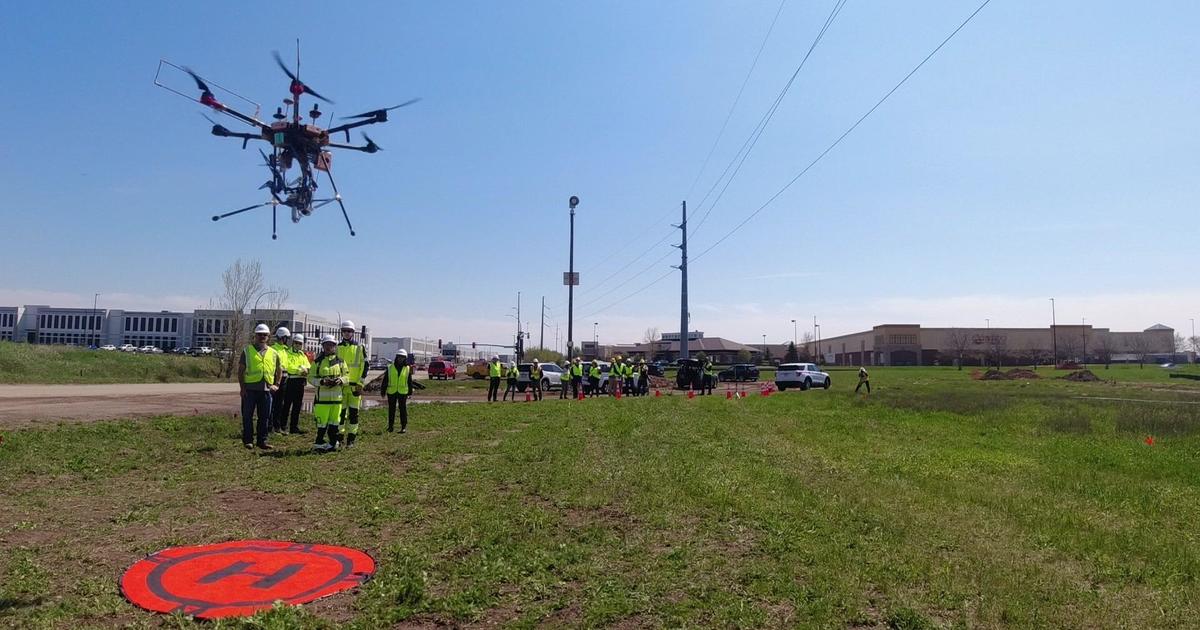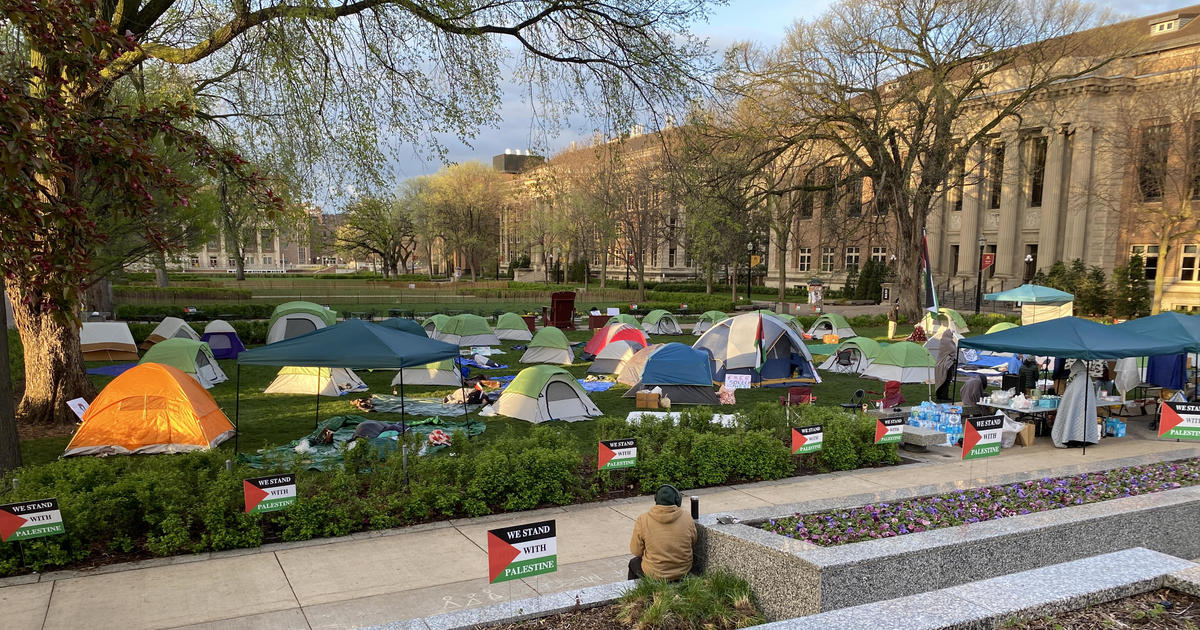Using artificial intelligence and satellites, U of M helps farmers detect aphid infestations
MINNEAPOLIS — Research being done this winter could greatly help farmers in the summer.
The University of Minnesota is now using artificial intelligence and satellites to help farmers detect aphid infestations.
"They are tiny, little insects, soft-bodied, and they are sap-suckers," said Bob Koch, Professor of Entomology.
The little bug crawling under the microscope may not look like much, but when thousands of soybean aphids attack a field the end result can be devastating.
"They make the plant smaller so it can't produce as many seed or as big a seed, which reduces the farmer's yield," said Koch.
RELATED: Talking Points: Climate change is altering what farming zone Minnesota falls into
In the past, farmers have spent hours walking their fields, counting plants infested with aphids, to determine whether or not they need to spray insecticide. But Koch believes there's a much easier way.
"More recently, we wanted to see if we could use satellites to get a broader, landscape view of soybean aphid infestations in multiple fields," said Koch.
The satellite-based remote sensing, as it's officially called, takes pictures from space, which measure wavelengths of light.
Arthur Vieira Ribeiro is with the University of Minnesota.
"This is a website showing how the satellites work. We actually have two satellites orbiting the globe," Ribeiro said. "The upper part here is for a high number of aphids and the lower part is for a low number of aphids."
A light gray color means a low infestation and dark gray means a high infestation. Artificial intelligence then determines how dark it has to be before insecticide is needed.
RELATED: Finding Minnesota: Rural farmer keeps Norwegian delicacy alive, attracting dozens every December
The data is collected during the summer months and then during the winter, they analyze it in their labs. The goal is to eventually have a website or an app that farmers can use.
That means it may not be long before a satellite in space and artificial intelligence save a Minnesota farmer a lot of time and money.
"These guys are busy in the summer and any way they can save time would be an improvement," said Koch.
Researchers said that while aphid infestations have decreased in certain parts of the country, they remain significant in Minnesota.




